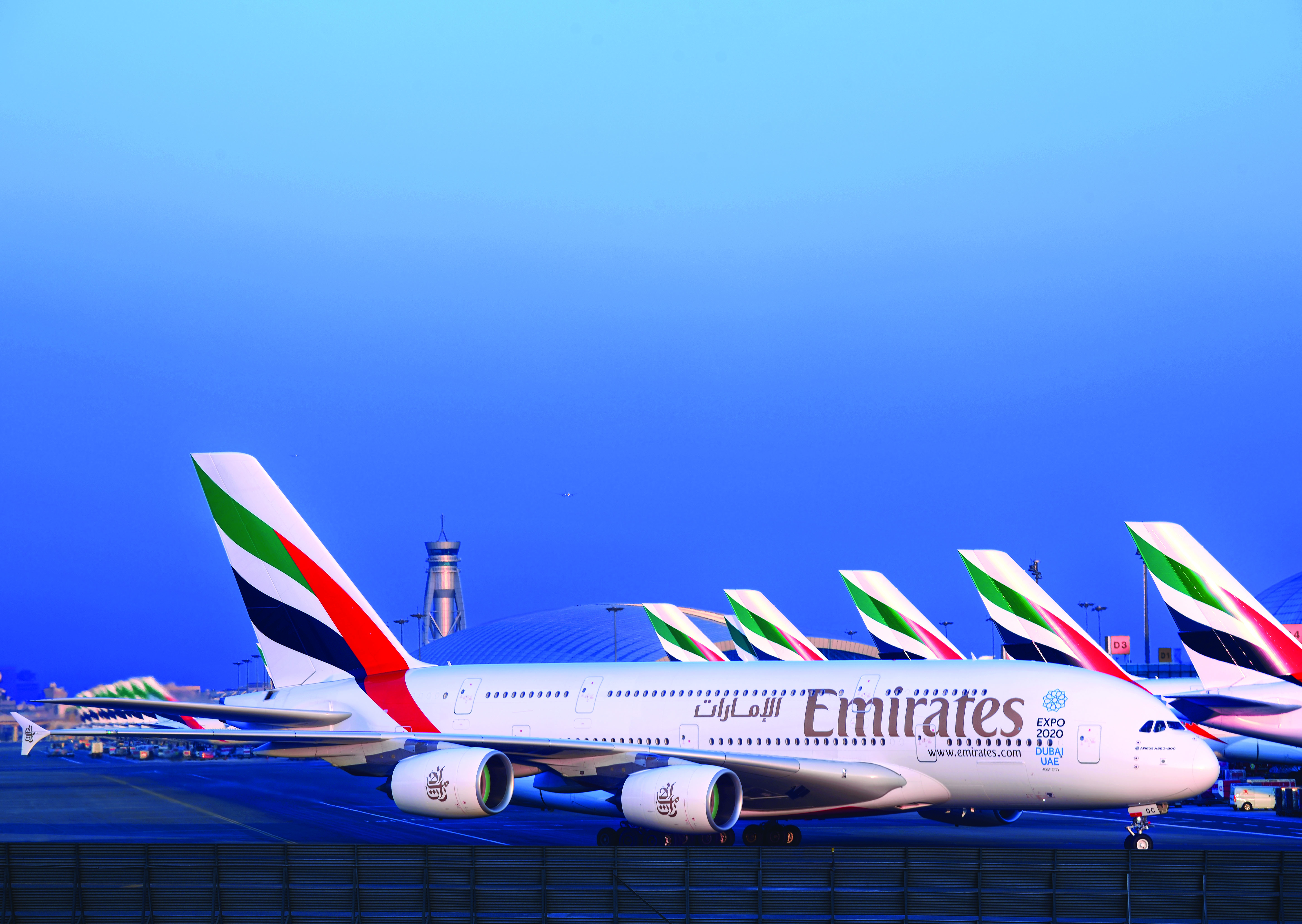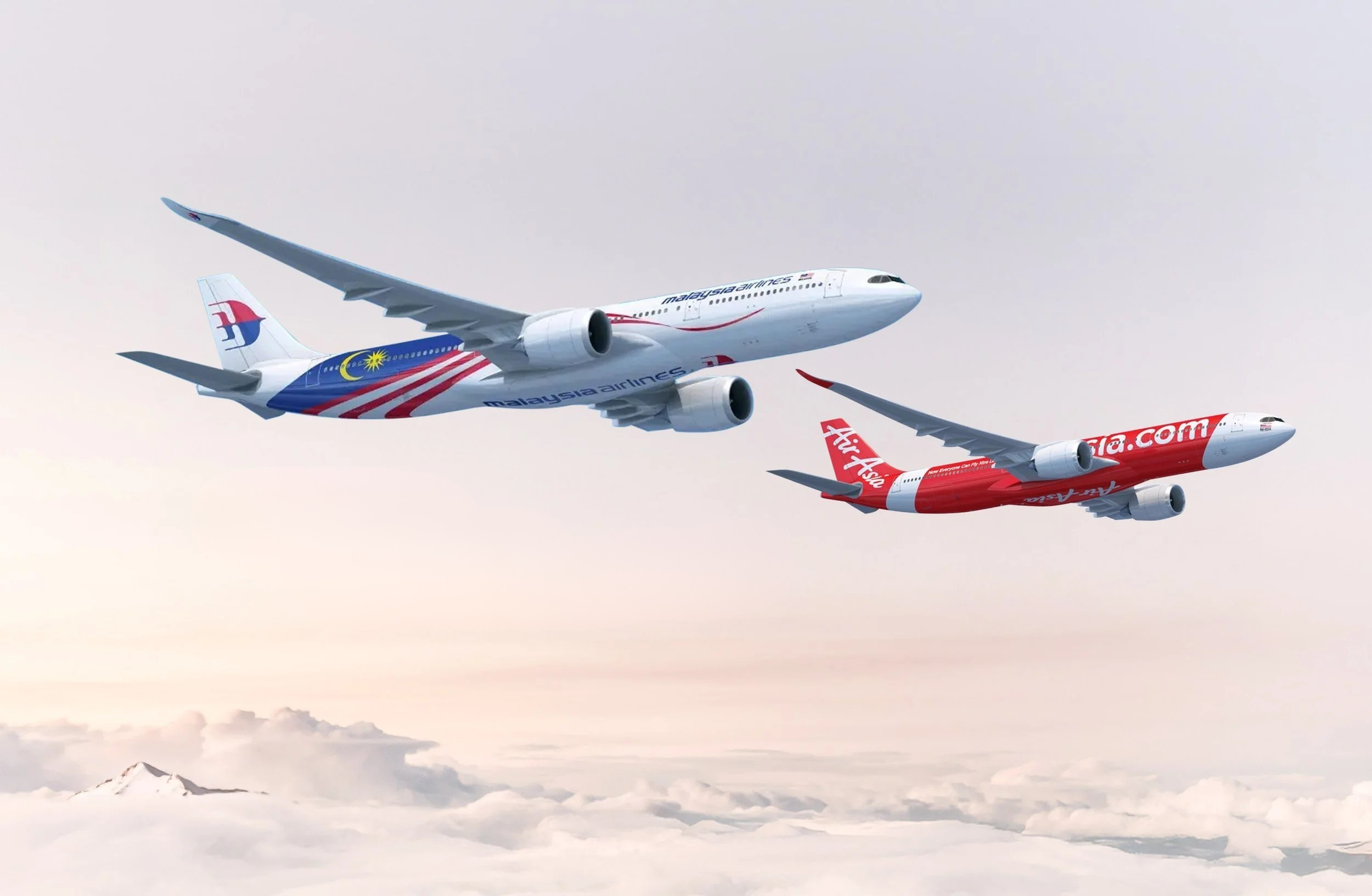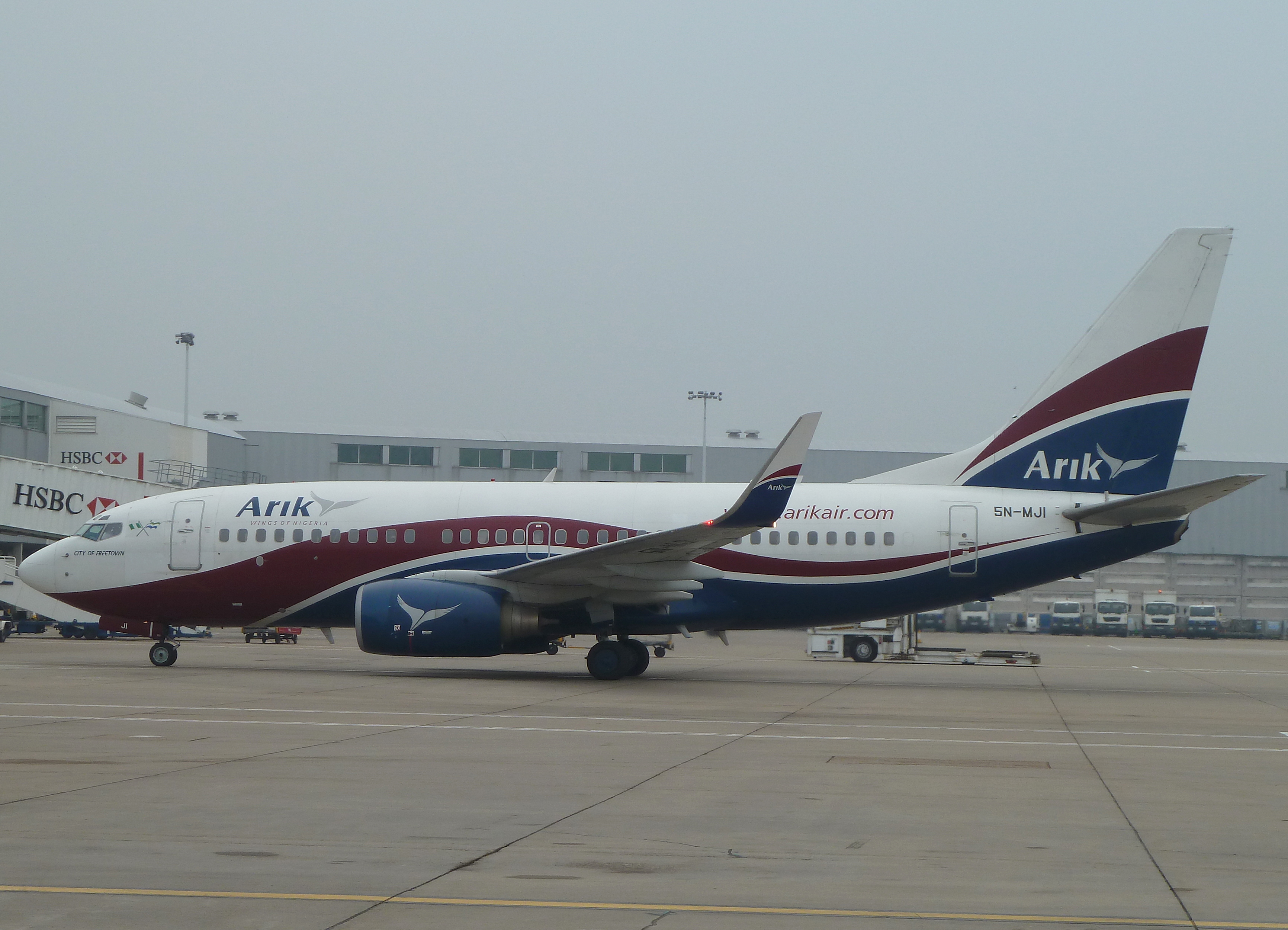Australia’s airlines will join scores of others in facing the prospect of adopting a world-first international industry carbon offset scheme after the federal government agreed to participate on a voluntary basis from 2021.
Department of Infrastructure and Regional Development acting deputy secretary Pip Spence confirmed that Australia had volunteered to participate in the initial phase of the scheme during a recent Senate committee hearing.
Spence said the decision by Australia to participate meant Virgin Australia and Qantas would be required to find carbon offsets from 2021.
The International Civil Aviation Organisation’s 191 member states reached an historic agreement in October to implement the global scheme, known as the Carbon Offset and Reduction Scheme for International Aviation (CORSIA).
The world’s first global industry pollution agreement will start as a voluntary scheme from 2021 to 2026 on international flights between participating states. It will then become mandatory across the aviation industry.
Airlines will have to buy carbon credits to offset the growth in emissions, a move that has raised concerns in some states about costs.
How much the initial scheme will cost airlines depends on factors that include the size of their international network and where they fly, the growth in traffic (and hence emissions) and the price of carbon offsets in each year.
ICAO modelling suggests the scheme may cost airlines globally about $US2.2 billion in 2025, or about a quarter of a per cent of industry revenue. This could rise to $US4.3 billion by 2030, or about 0.4 per cent of what is expected to be global airline revenue at that time.
A look at individual routes that assumed a current model Airbus A380 was flying between Dubai and Sydney in 2030 put the offset cost at between $US2,524 and $US6,585. By way of comparison, ICAO calculated the cost of fuel on that flight, based on last northern summer’s lower fuel prices, topped $US83,000.
CORSIA will also include provisions to deal with special circumstances such as those of fast-growing airlines and airlines which have made significant investments to improve environmental performance already.
Other countries to sign on for the voluntary phase include the United Arab Emirates, the US and European states but not every state was keen to participate in the launch. Those that said they wouldn’t include Russia and India.
Nonetheless, more than 65 countries signed up for the voluntary part of the agreement from day one and the Air Transport Action Group estimated at the time that this meant that more than 80 per cent of the total growth in CO2 after 2020 will be covered.
The scheme will see an airline’s emissions monitored and reports checked by independent verification agencies. Airlines will submit a report to governments and they will work together through ICAO to work out how much CO2 needs to be offset.
Airlines then buy the appropriate number of offset units generated by a range of climate projects that must meet globally recognised standards to ensure the CO2 savings they generate are real.
Once an offset unit is used by an airline it is cancelled to ensure it can’t be used again and the use of the offsets is monitored through a global registry linked to those maintained by individual countries.
Both Qantas and Virgin welcomed Australia’s move to sign up for the voluntary phase of the global offset scheme and already have a lengthy track record when it comes to environmental initiatives.
They believe they are well prepared for the scheme’s introduction but say it is too early to say how much it will cost them.
Qantas has been a supporter of a global market-based mechanism and has been running a voluntary program for customers for a decade. It also rolled out a corporate program, Future planet, about 18 months ago.
Qantas officials believe the airline’s relationship with offset providers and its experience in the field will allow it quickly adopt the CORSIA requirements.
“The ICAO agreement last October was a big step towards the aviation industry’s goal of carbon-neutral growth, and it says a lot about the leadership airlines have shown on climate change,’’ a spokesman said.
“We’ll be monitoring the development of the market mechanism through IATA but we’re very comfortable with the basic framework. The Qantas Group’s offset program is the biggest of its kind in the world – so we’ve got a lot of experience in carbon markets.
“The CORSIA agreement doesn’t change the fact that there are plenty of other environmental priorities for airlines to work on between now and 2021, including fleet renewal, using big data to find ways of flying more efficiently and building up a viable biofuels sectors.
“We’re looking at all those areas as opportunities for Qantas.”
Virgin has also been active in environmental issues and has a voluntary carbon offset scheme for passengers.
Other initiatives include a partnership with Air New Zealand looking at ways to source locally produced biofuels. The airlines recently announced a short list of companies with which they can work on strengthening the commercial case for biofuel investment.
“The Virgin Australia Group welcomes the Australian Government’s decision to participate in the CORSIA scheme,’’ a spokeswoman said. “The Virgin Australia Group is committed to minimising carbon emissions in the aviation industry and collaborates with government and industry stakeholders on measures to reduce emissions, including the establishment of CORSIA.
“We will continue to work closely with the Federal Government and the International Civil Aviation Organization on the implementation of CORSIA.”
Have questions or want to share your thoughts?
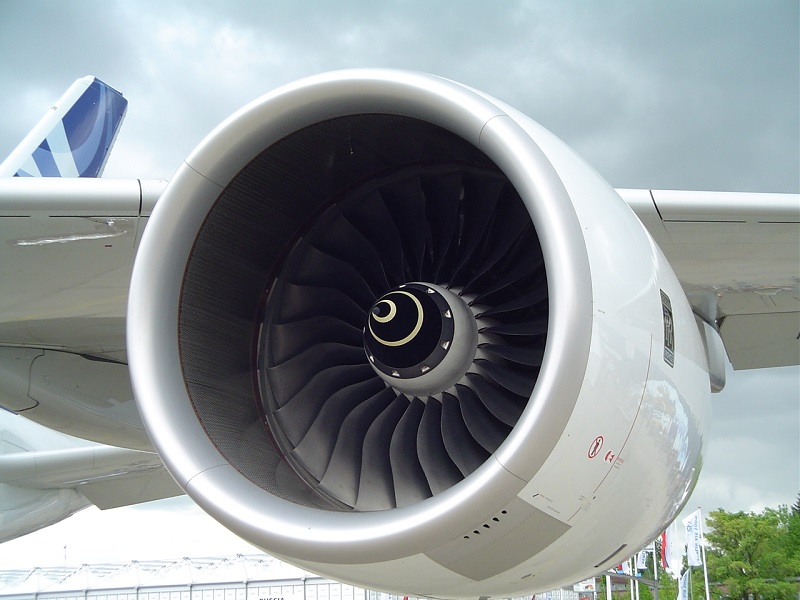
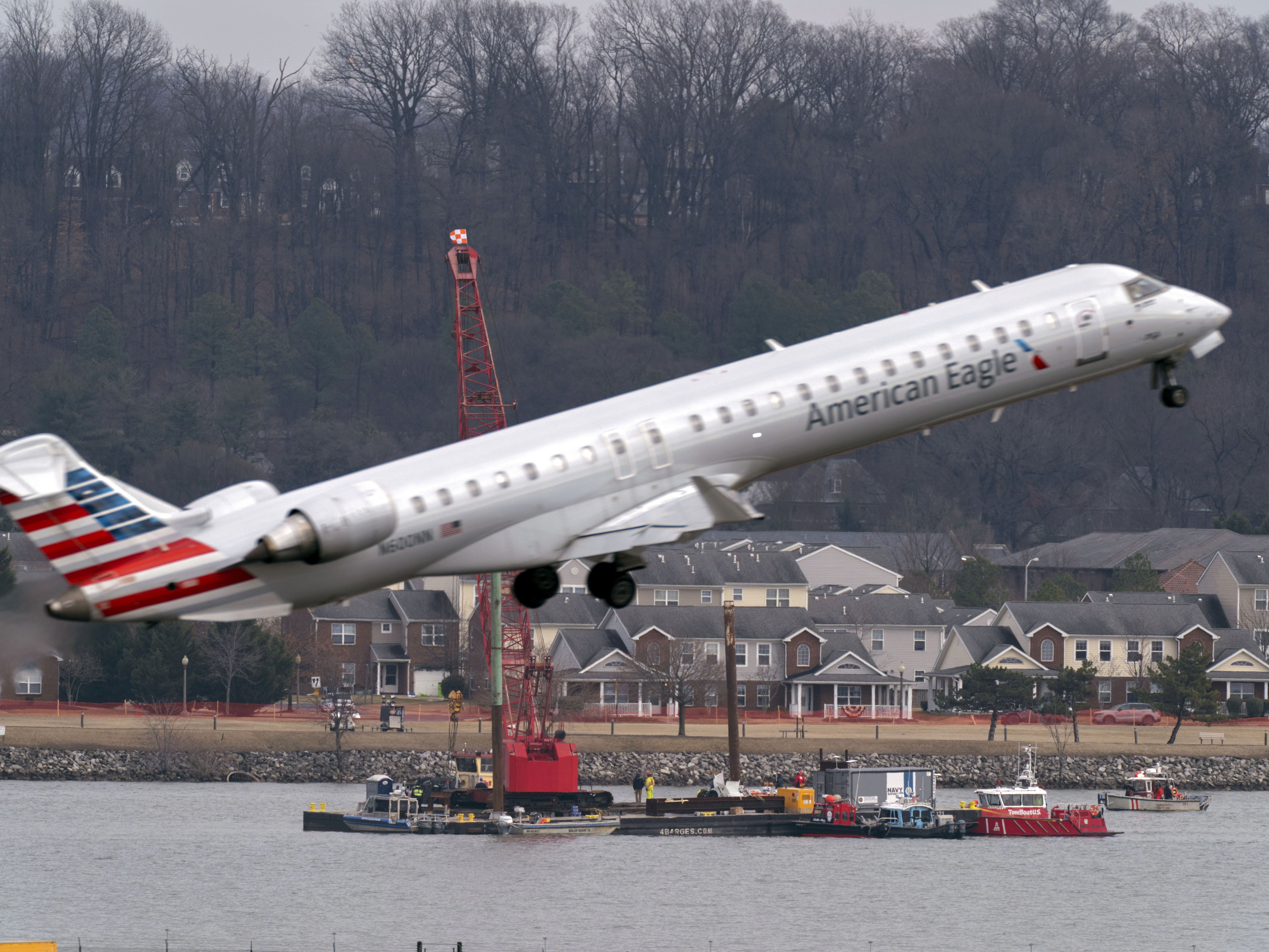
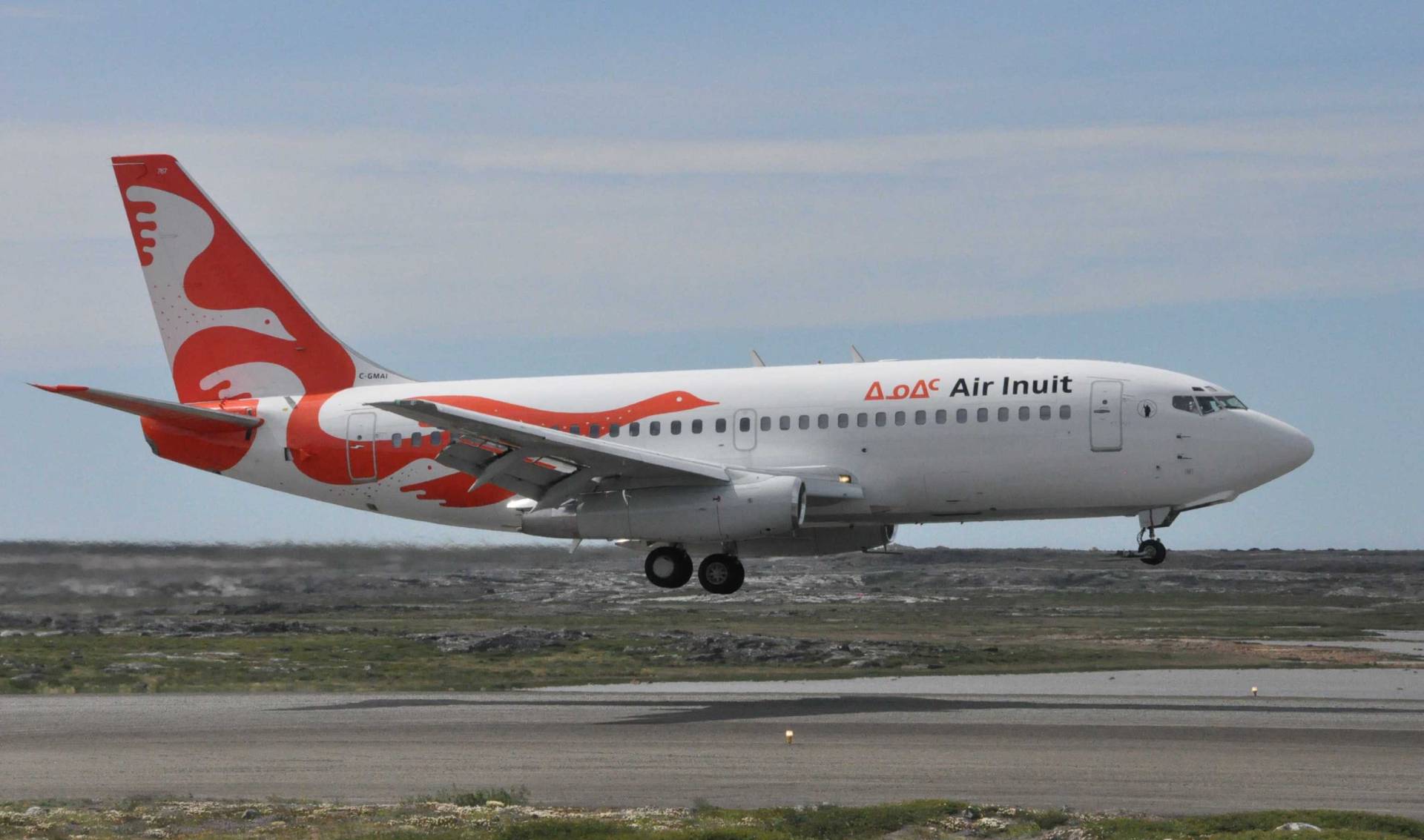
.jpg)
